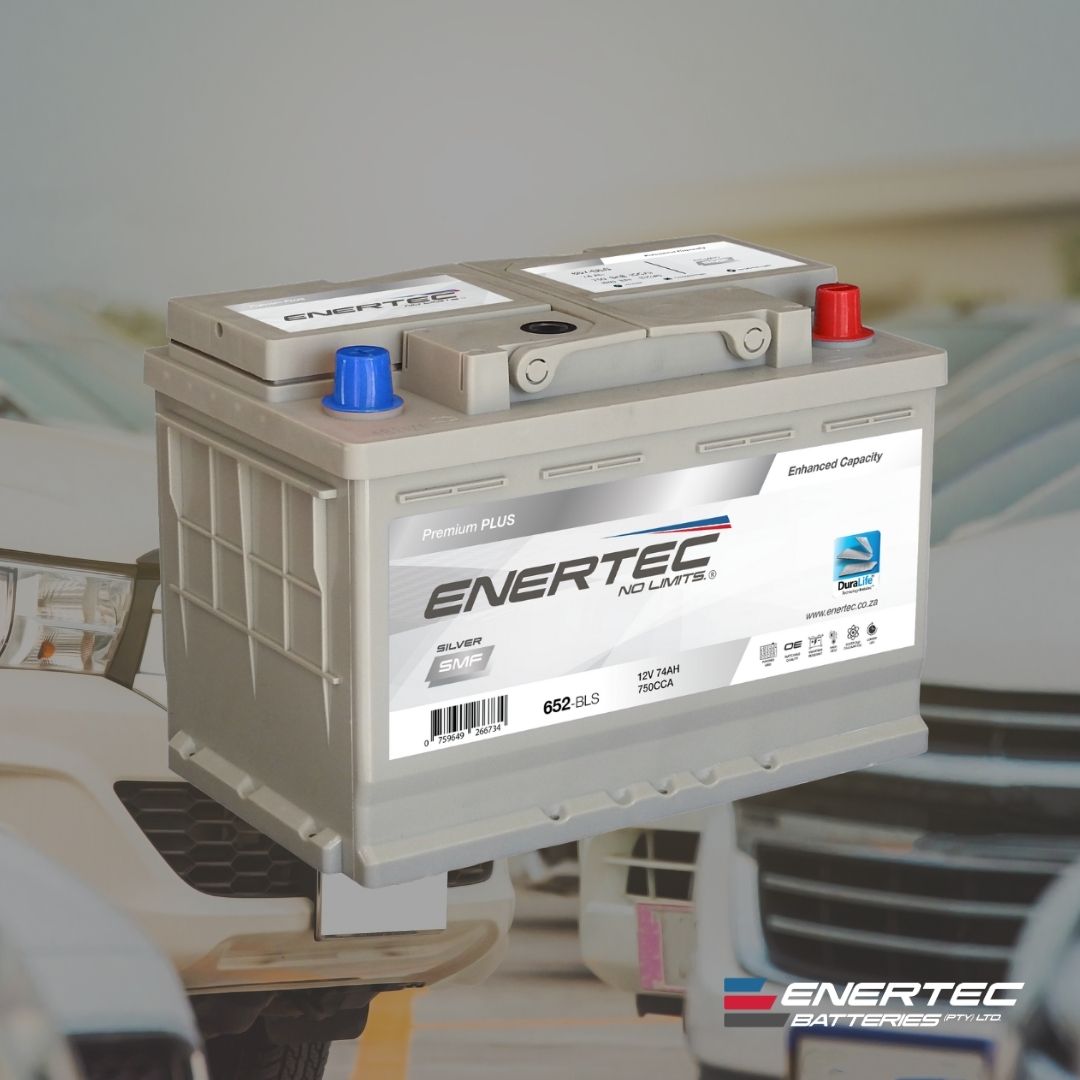2024-07-17 01:24:59
Understanding AGM Batteries: What Makes Them Different from Traditional Batteries?
In the ever-evolving landscape of automotive and renewable energy technologies, Absorbent Glass Mat (AGM) batteries have emerged as a prominent player. AGM batteries, a type of lead-acid battery, offer several advantages over traditional flooded batteries.
This article delves into the intricacies of AGM batteries, exploring their unique features, benefits, and applications, and contrasting them with conventional battery technologies.
What are AGM batteries?
AGM batteries are a type of valve-regulated lead-acid (VRLA) battery. They employ a specialised design where a fibreglass mat absorbs the battery’s electrolyte. This mat, sandwiched between the battery's lead plates, immobilises the acid, reducing the risk of spills and increasing efficiency. The construction allows for a more compact and robust design compared to traditional flooded batteries.
Key Features of AGM Batteries
1. Sealed Design:
AGM batteries are sealed and maintenance-free. The electrolyte is held in the glass mat, preventing leaks and making them safer to handle and install in various orientations.
2. Low Internal Resistance:
AGM batteries have lower internal resistance compared to traditional batteries, allowing them to deliver higher currents on demand. This feature is particularly beneficial for applications requiring high bursts of power, such as starting an engine.
3. Deep Cycle Capability:
Unlike traditional batteries, which can suffer from sulphation and a reduced lifespan with repeated deep discharges, AGM batteries are designed to withstand deep cycling. They are ideal for applications where frequent charging and discharging are required.
4. Vibration Resistance:
The robust construction of AGM batteries makes them highly resistant to vibration and shock, which is advantageous for automotive and off-road applications.
5. Longer Lifespan:
AGM batteries typically offer a longer service life than traditional flooded batteries due to their improved durability and resistance to common failure modes like sulphation.
AGM technology is renowned for superior charge acceptance and long cycle life, making it ideal for vehicles with start-stop systems. These batteries also provide OE matching quality, vibration resistance, and high heat tolerance, along with silver-calcium technology and a punched grid for enhanced performance. The AGM Ultra variant offers even faster charging and a cycle life up to three times longer than standard Sealed Maintenance Free batteries, ensuring exceptional reliability and longevity.
Benefits of AGM Batteries
1. Maintenance-Free Operation:
AGM batteries do not require regular topping up with distilled water, reducing maintenance efforts and costs.
2. Enhanced Performance:
The low internal resistance and higher power density translate to better performance in both starting and deep cycle applications.
3. Improved Safety:
The sealed design reduces the risk of acid spills and gas emissions, enhancing safety for users and equipment.
4. Versatile Applications:
AGM batteries are suitable for a wide range of applications, including automotive, marine, RV, backup power, and renewable energy systems.
5. Environmental Friendliness:
AGM batteries are more environmentally friendly than traditional batteries due to their longer lifespan and reduced maintenance requirements, leading to fewer replacements and less waste.
6. Faster Charge Capability:
Alleviating downtime and improving efficiency.
Comparing AGM Batteries with Traditional Flooded Batteries
1. Design and Construction:
Traditional flooded batteries have a liquid electrolyte that can spill if the battery is tipped over. AGM batteries, on the other hand, use a fibreglass mat to contain the electrolyte, making them spill-proof and safer to use in various orientations.
2. Maintenance:
Flooded batteries require periodic maintenance, including checking and topping up electrolyte levels. AGM batteries are sealed and maintenance-free, eliminating the need for regular upkeep.
3. Performance:
AGM batteries offer superior performance with higher power output, faster recharge rates, and better deep cycling capabilities compared to flooded batteries. This makes them more suitable for high-demand applications.
4. Durability:
AGM batteries are more durable, with better resistance to vibration and mechanical shock. This makes them ideal for use in environments where traditional batteries might fail prematurely due to physical stress.
5. Lifespan:
The typical lifespan of AGM batteries is longer than that of traditional flooded batteries. Their design mitigates common issues like sulphation and acid stratification, which can shorten the lifespan of flooded batteries.
Applications of AGM Batteries
1. Automotive:
AGM batteries are widely used in modern vehicles, especially those equipped with start-stop technology, high electrical demands, and advanced safety systems. Their ability to deliver high currents and withstand deep discharges makes them ideal for automotive applications.
2. Marine:
In marine environments, the vibration resistance and maintenance-free nature of AGM batteries make them a popular choice for powering boats and yachts.
3. RV and Camping:
For recreational vehicles and camping, AGM batteries provide reliable power for appliances and electronics, with the advantage of being maintenance-free and safe to use in confined spaces.
4. Renewable Energy Systems:
AGM batteries are used in solar and wind power systems for energy storage due to their deep cycling capability and long lifespan.
5. Backup Power:
In uninterruptible power supply (UPS) systems and emergency backup power applications, AGM batteries provide reliable and maintenance-free energy storage.
Conclusion on Understanding AGM Batteries
AGM batteries represent a significant advancement over traditional flooded batteries, offering numerous benefits, including maintenance-free operation, superior performance, enhanced safety, and a longer lifespan. Their versatile applications range from automotive and marine to renewable energy and backup power systems, making them a valuable choice in various fields.
Understanding the unique features and advantages of AGM batteries can help consumers and businesses make informed decisions when selecting the right battery technology for their needs.



